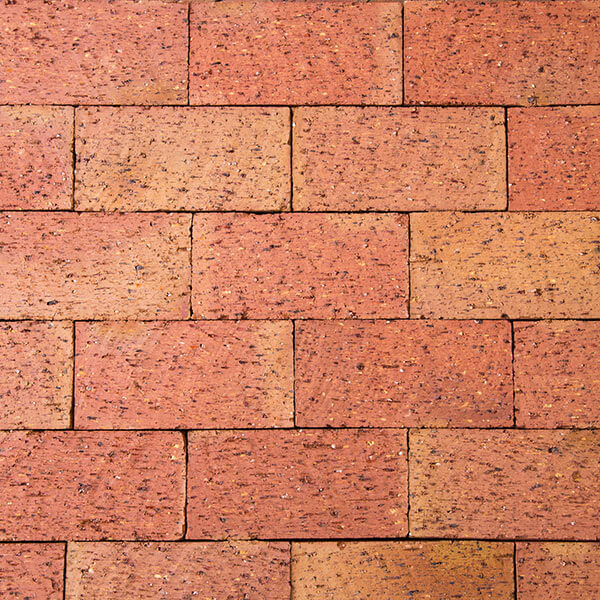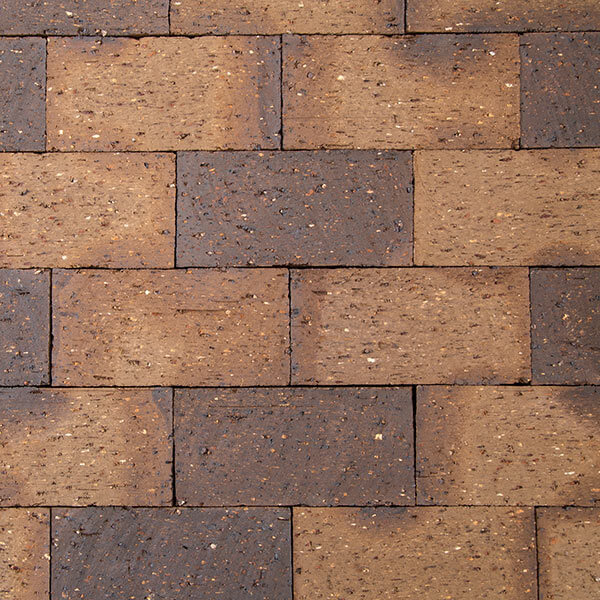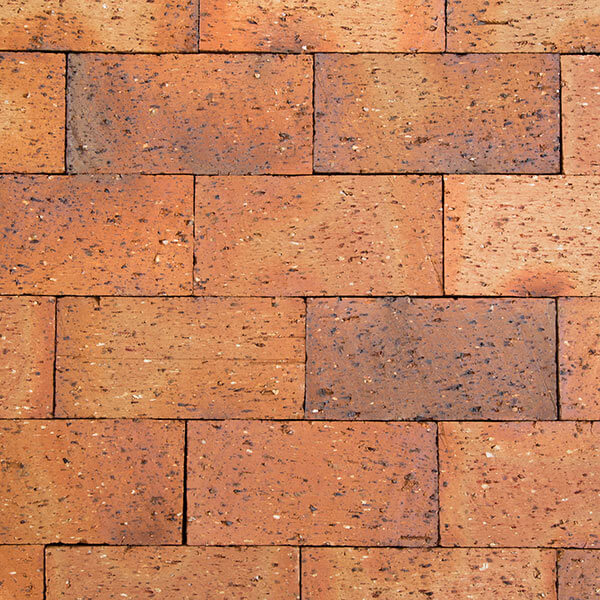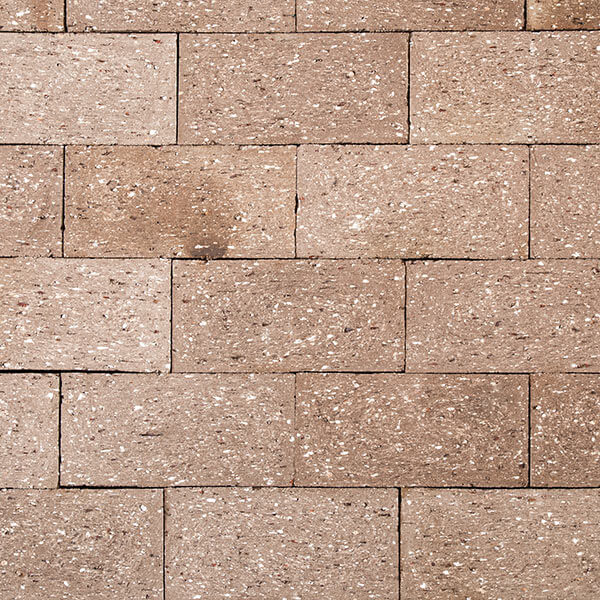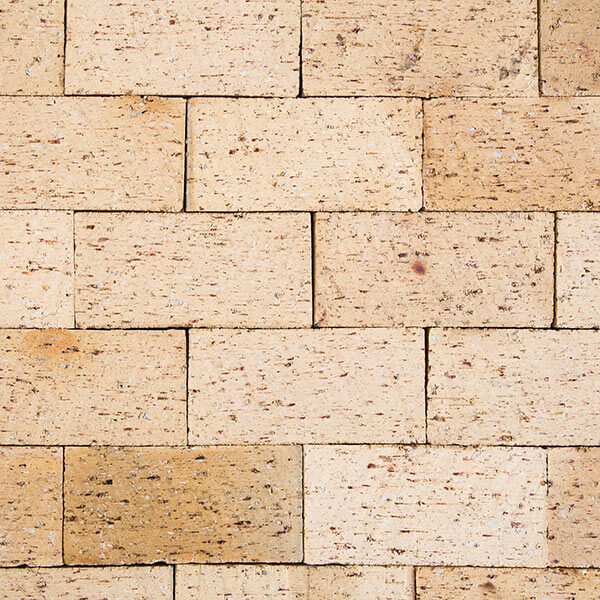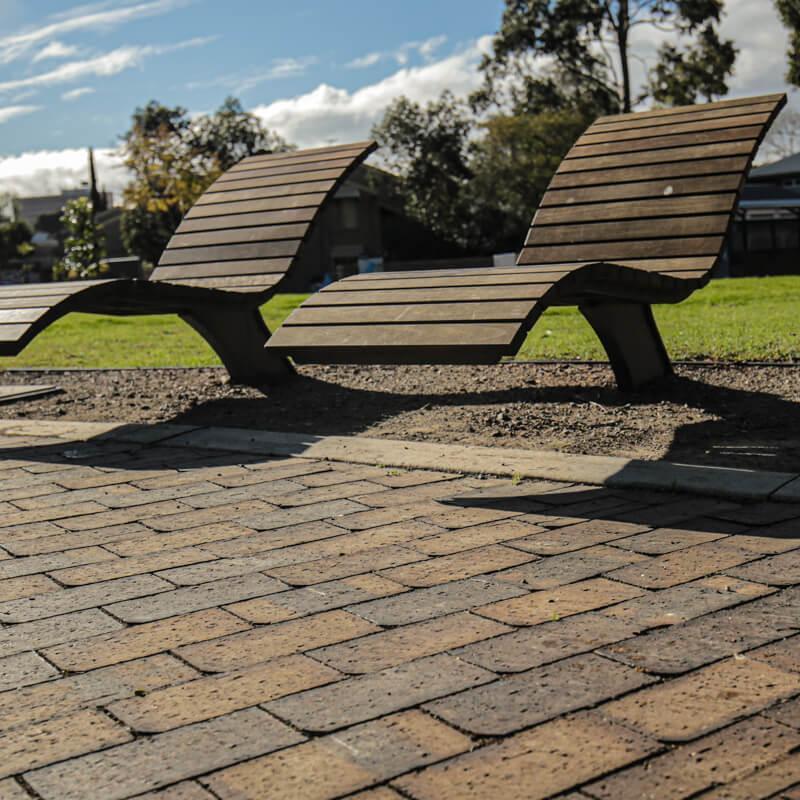
Revolutionising Sustainable Landscaping
At Littlehampton Bricks and Pavers, we recognise that as the climate changes, so should our relationship with our built environment. We are proud to be the home of bespoke permeable pavers designed to cater to the needs of Australia’s Councils, contractors, and architects. From reducing surface temperatures to preserving soil integrity and harvesting rainwater for reuse, our permeable pavers won’t disappoint. Invest in the future and create an outdoor space you can be proud of with Littlehampton Clay Permeable Pavers.
Innovative design for Water-wise Communities
Unlike some traditional paving methods, which redirect rainwater to other surfaces, permeable pavers are designed to trap moisture and allow it to seep into the ground. Permeable paving comprises three distinct layers: a stabilising base layer, an aggregate subbase layer, and a permeable pavement surface. The unique design allows water to filter through the pavers while providing a durable surface suitable for high-traffic areas, including footpaths, cobbled roads, and car parks.
From parking lots to driveways and footpaths, permeable paving is the solution for eco-friendly projects.
The Advantages of Permeable Pavers
Recharge Groundwater
Permeable pavers offer a reliable method of establishing hydrologic balance and managing stormwater runoff. This is especially true compared to traditional pavement surfaces such as asphalt and concrete, which are not designed to allow water to percolate through their surface. While stormwater runoff may appear benign, it can result in a host of issues, including flooding, erosion, damage to waterways, and the introduction of pollutants into local water sources. As their name suggests, permeable pavers do not trap water for prolonged periods of time and minimise the amount of moisture lost due to evaporation. As droughts become an increasingly common global phenomenon, the power of permeable paving to conserve this precious resource cannot be overstated.
Reduce Water Pollution
Traditional pavement surfaces can act as a conduit for pollutants such as oil, gasoline, and fertilisers, harming the environment and public health. Permeable pavers provide an alternative that allows rainwater to seep through the surface and into the ground below, where it can undergo natural filtration and pre-treatment. Not only does this contribute to healthy water quality, but it also helps reduce the overall impact on local ecosystems.
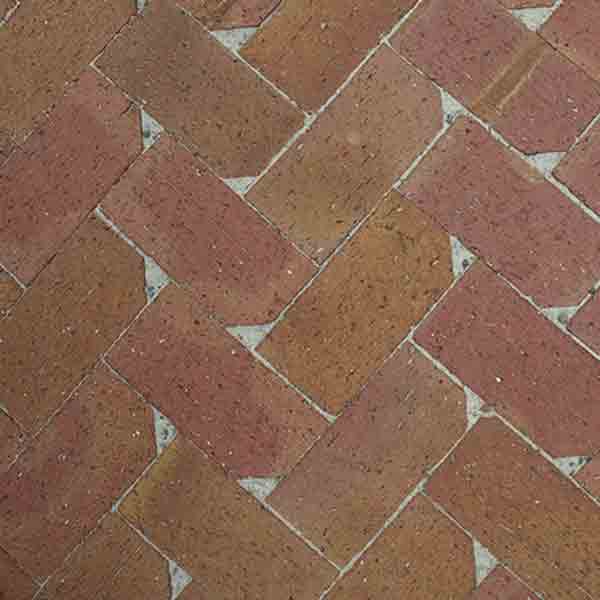
Combat the urban heat island effect
Unlike traditional pavement surfaces, which trap heat from the sun, permeable pavers allow water to pass through and into the ground, cooling the soil and lowering surface temperatures. This makes permeable pavers an environmentally friendly and sustainable solution for reducing the impact of heat islands in urban environments.
Thwart Soil Erosion
Rain that falls on impervious surfaces like asphalt or concrete is quickly discharged, carrying away sediment and pollutants and resulting in soil erosion. Permeable pavers offer a solution, as the rainwater is absorbed into the ground instead of running off. The soil receives water and essential nutrients for healthy plant growth, which prevents soil degradation.
Support native vegetation
Permeable pavers aren’t just a benefit to our own communities but can be a great boon for the environment. By allowing rainfall to reach the soil, they provide ample water for native plants and vegetation during times of drought. The benefit doesn’t end there; permeable pavers’ increased infiltration helps reduce soil compaction and provide much-needed oxygen and nutrients to plant roots, making it an ideal habitat for wildlife such as birds, insects, and small animals.
Enhanced Aesthetics
In addition to their environmental benefits, permeable pavers can add style and elegance to your outdoor space. Available in a myriad of colours and textures, these pavers are designed to be aesthetically pleasing while providing the necessary structural integrity for traffic areas. Whether you’re looking for an aesthetically traditional paving solution or a modern design with an urban edge, Littlehampton Bricks and Pavers has what you need.
Increased property value
Permeable pavers are an excellent way to add curb appeal and value to your property. Their attractive designs, long-lasting and environmentally friendly qualities can make a lasting impression on potential buyers, who tend to perceive a higher value in a property paved with quality-product, such as clay pavers, rather than cheap alternatives.
Reduce demand on municipal water supplies
Permeable pavers can harvest rainwater for reuse in gardening and landscaping, reducing water usage and lessening the burden on local water management systems. This contributes to water conservation efforts and helps conserve valuable resources in the long run.
[In the Brazilian state of Santa Catarina, a study discovered that using stormwater harvesting from permeable pavement parking lots could save up to 54% in potable water. This technique was implemented in Florianopolis, Brazil, and results revealed savings of 19.4%, 70.0%, and 75.7% with regard to residential, commercial, and public sectors, respectively.]
As the demand for water increases, municipal water supplies are becoming increasingly taxed. By harvesting rainwater with permeable pavers, you can help reduce the burden on local water resources and actively preserve our natural environment.
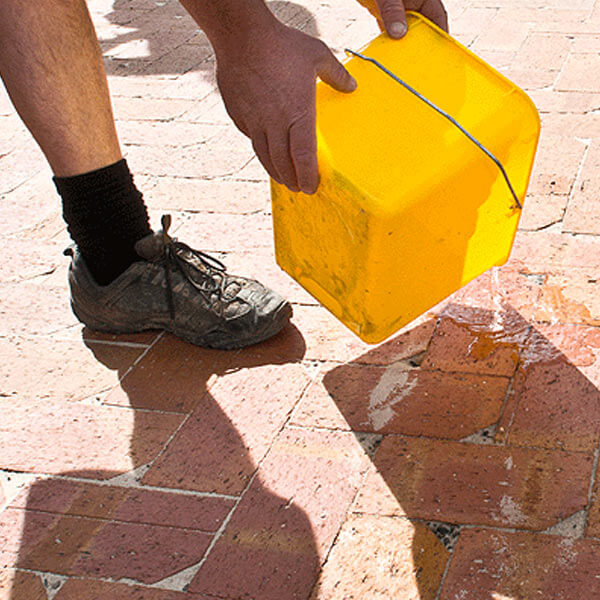
What makes clay permeable pavers unique
Clay pavers are tough and durable, making them an excellent choice for permeable paving applications. At Littlehampton Bricks and Pavers, our range of bespoke clay permeable pavers comes in various colours and textures to facilitate a broad spectrum of designs that sport enhanced functionality without compromising aesthetics. Unlike permeable concrete, clay pavers don’t fade with time or require special maintenance. Our permeable paving range is ideal for outdoor areas, driveways, car parks and garden paths.
Striving to develop sustainable solutions for your community’s water management? Choose permeable paving and build for a better tomorrow.
Where should permeable pavers be used?
Permeable pavers are ideal for various applications, including pedestrian walkways, driveways, pool decks and patios, parking lots and other vehicular traffic areas where structural integrity is paramount. In areas home to significant trees, shrubs, and other vegetation, permeable pavers can reduce runoff while ensuring hydration reaches the tree’s roots. Indeed, as permeable paving ensures that the ground absorbs stormwater instead of being redirected to drainage systems, it can provide a much-needed boost to local vegetation and ecosystems. Permeable paving is an ideal solution for projects that aim to minimise their environmental footprint while providing a robust, reliable, and long-term solution to water management, drainage and erosion.
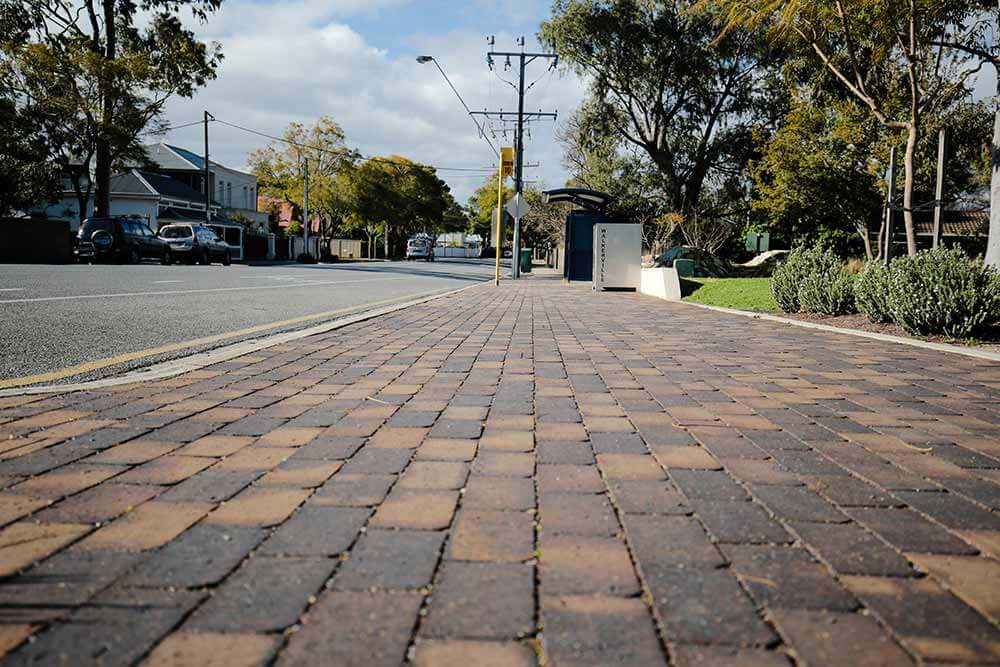
PERMEABLE PAVING FAQ’s
What are the advantages of permeable pavers?
Permeable pavers offer a wide variety of unique advantages that set them apart from traditional paving systems:
- Permeable paving reduces surface runoff. This helps combat flooding and water pollution, an essential service for water-wise communities looking to reduce their environmental footprint.
- Improved soil infiltration, allowing plants and vegetation to access water more efficiently.
- Reduced heat island effect, as permeable pavers absorb and retain less heat than other traditional paving materials.
- Reduced pollutants in local waterways due to the natural filtration of runoff.
Are permeable pavers more expensive than traditional pavers?
At Littlehampton Bricks and Pavers, permeable pavers are created to order. The unique design of these pavers, paired with their can make them slightly more expensive than traditional pavers. However, because of their benefits, permeable pavers can represent an excellent value-for-money investment in the long term.
Are permeable pavers costly to install?
The installation cost for permeable pavers can vary depending on the size and type of paver system you choose. Laying the permeable pavers should not cost any more than laying regular clay pavers. However, the system you decide to install under the pavers can vary significantly. Some systems use basic materials that are not costly, while others involve advanced engineering and high-technology options that might incur a higher cost. However, the long-term benefits that permeable pavers offer regarding reduced stormwater maintenance costs and improved water quality often outweigh this initial cost.
Can permeable paving be used for driveways and parking lots?
Yes, permeable pavers can be used to create a permeable driveway or parking lot. The use of permeable pavers in these applications is becoming increasingly popular due to their ability to reduce surface runoff and improve water filtration.
How do permeable pavers support local vegetation?
Many large trees are in danger of drought-like conditions in drier times due to insufficient water in the sub-soil when the surface is paved. Permeable pavers can help support local vegetation by allowing water to filter through the surface and into the soil below. This helps to reduce runoff and permits plants and trees access to necessary moisture.
